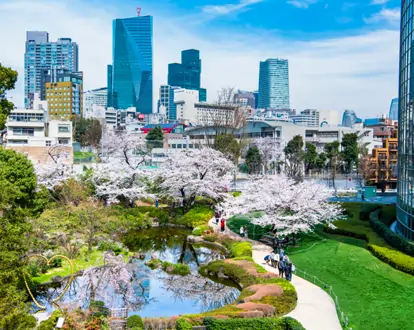a2z Edu Care – Guiding Bangladeshi students abroad with expert counseling, scholarship advice, and visa assistance.
1. World-Class Education
Japan offers globally recognized degrees, cutting-edge research opportunities, and high-quality academic programs across various fields.
2. English-Taught Programs
Many Japanese universities provide programs in English, making it easier for Bangladeshi students to study without language barriers.
3. Affordable Tuition & Scholarships
Competitive tuition fees combined with a wide range of scholarships make studying in Japan financially accessible.
4. Cultural Experience
Students can immerse themselves in Japan’s rich traditions, safe cities, and vibrant, multicultural environment.
5. Career Opportunities
Japan provides excellent career prospects through internships, part-time work, and exposure to global industries, helping students build a strong professional foundation.








